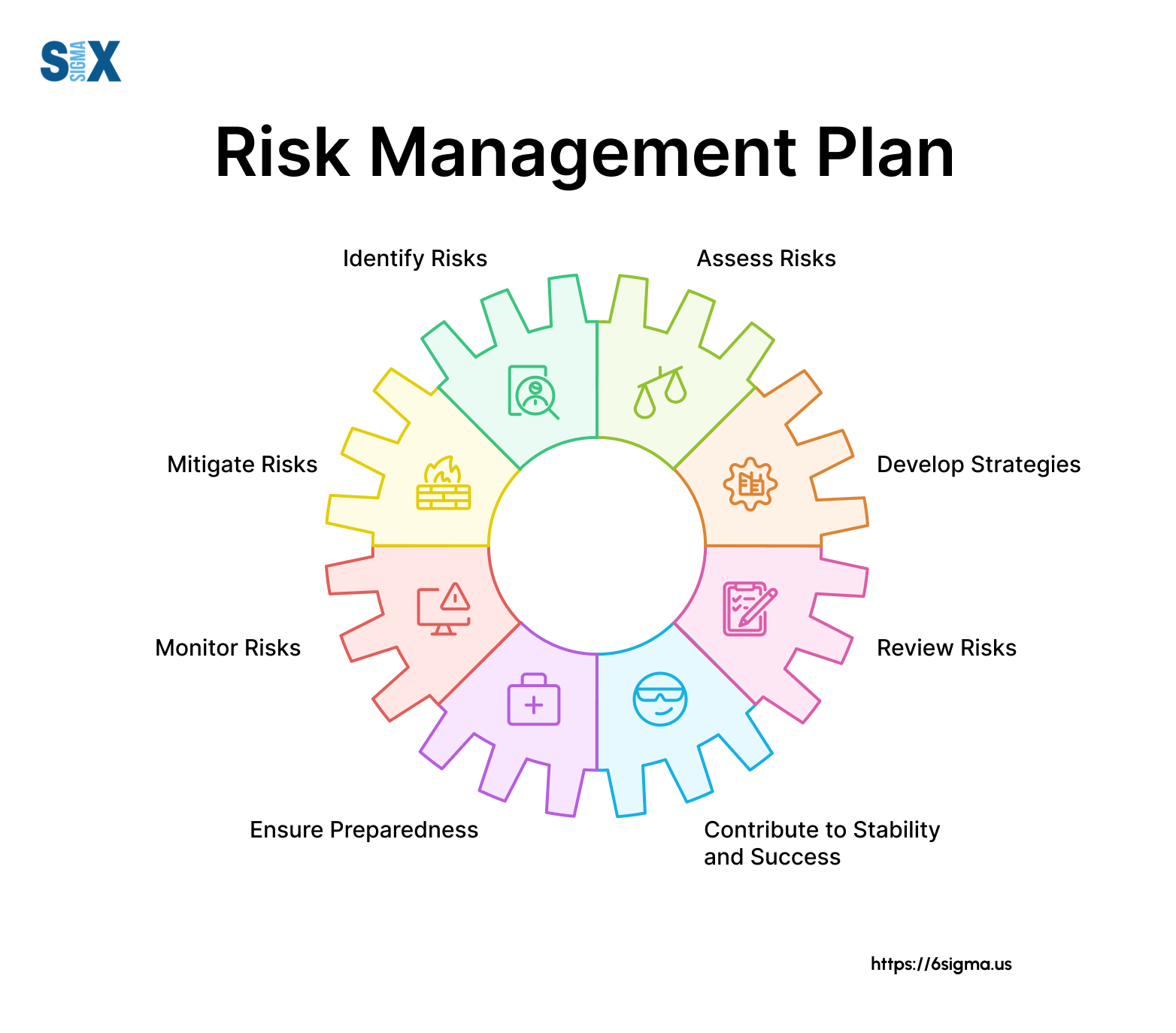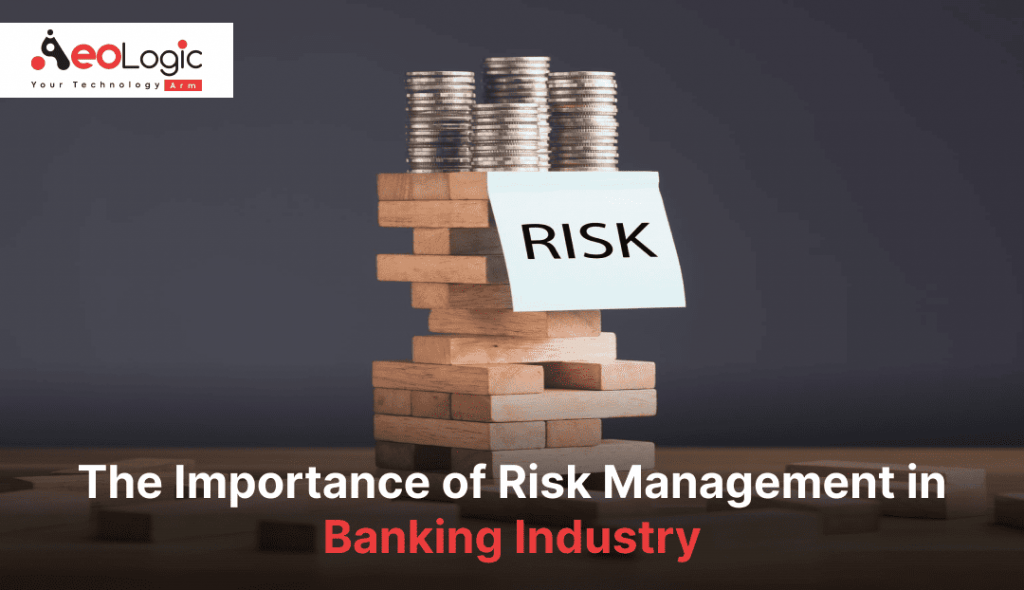Enhancing Operational Efficiency Through the Importance of Risk Management
Wiki Article
The Importance of Comprehending the Relevance of Risk Management in Numerous Industries

The Core Concept of Risk Management and Its Purpose
Risk Management, the foundation of lots of industries, pivots on the identification, examination, and mitigation of unpredictabilities in a business atmosphere. By appropriately identifying prospective threats, organizations can establish approaches to either avoid these dangers from taking place or lessen their influence. Once threats have actually been determined and assessed, the mitigation procedure includes designing approaches to minimize their prospective influence.Benefits of Applying Risk Management in Business Operations

Unveiling the Duty of Risk Management in Different Industries
While every industry challenges its special set of risks, the execution of Risk Management strategies stays a typical in their quest of sustainability and development. In the health care market, Risk Management entails making certain client security and information defense, while in finance, it involves mitigating investment threats and making certain regulative conformity. Inevitably, the duty of Risk Management throughout markets is to determine, evaluate, and mitigate risks.
Real-life Study Demonstrating Effective Risk Management
To recognize the value of Risk Management in these many markets, one can look to several real-life circumstances that illustrate the effective application of these measures. Toyota, publish the 2011 quake in Japan, revised its supply chain Management to lessen disruption dangers. These cases demonstrate just how industries, discovering from situations, successfully applied Risk Management methods to decrease future threats.
Future Patterns and Advancements in Risk Management Strategies
As the world proceeds to advance, so too do the patterns and advancements in Risk Management approaches. Rapid advancements in innovation and data analytics are reshaping the Risk landscape. Huge data and AI are now go to website critical in forecasting and minimizing risks. Organizations are leveraging these tools to develop anticipating versions and make data-driven decisions. Cybersecurity, once an outer concern, has actually catapulted to the center of Risk Management, with techniques concentrating on avoidance, feedback, and discovery. The assimilation of ESG (Environmental, Social, Administration) elements right into Risk Management is another growing fad, mirroring the increasing recognition of the role that social and that site environmental risks play in organization sustainability. Thus, the future of Risk Management depends on the fusion of advanced modern technology, cutting-edge approaches, and a holistic approach.Conclusion
In verdict, recognizing the relevance of Risk Management across a spectrum of industries is vital for their long life and prosperity. Ultimately, successful Risk Management adds to more resistant and sustainable businesses, highlighting the significance of this method in today's very competitive and dynamic service setting.While every sector challenges its one-of-a-kind set of threats, the application of Risk Management techniques continues to be a typical denominator in their pursuit of sustainability and growth. In the health care field, Risk Management involves making sure client safety and data defense, while in financing, it involves mitigating investment dangers and guaranteeing regulatory compliance. Inevitably, the duty of Risk Management across sectors is to determine, evaluate, and get more mitigate risks. These instances demonstrate exactly how markets, discovering from crises, efficiently used Risk Management strategies to lower future risks.

Report this wiki page